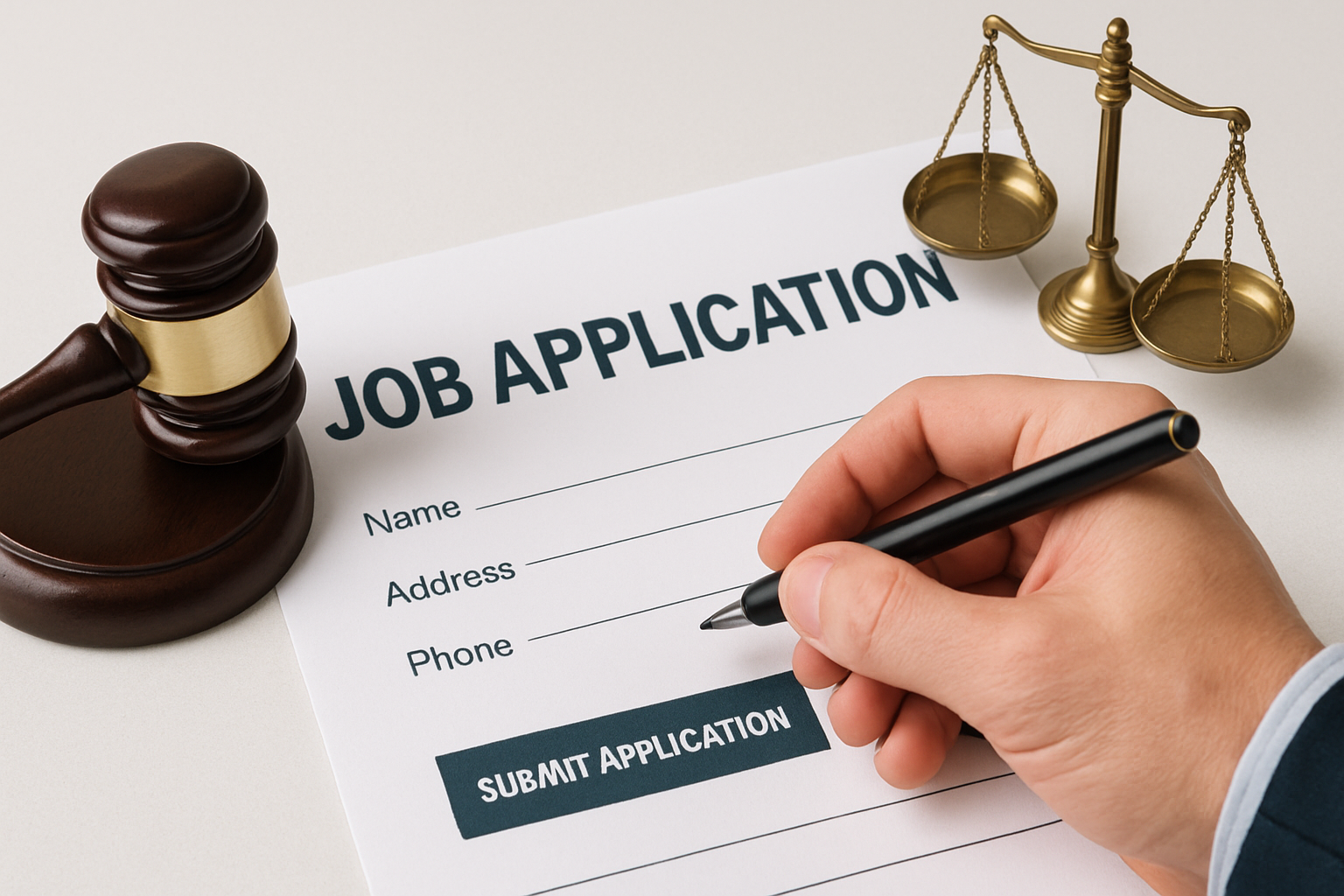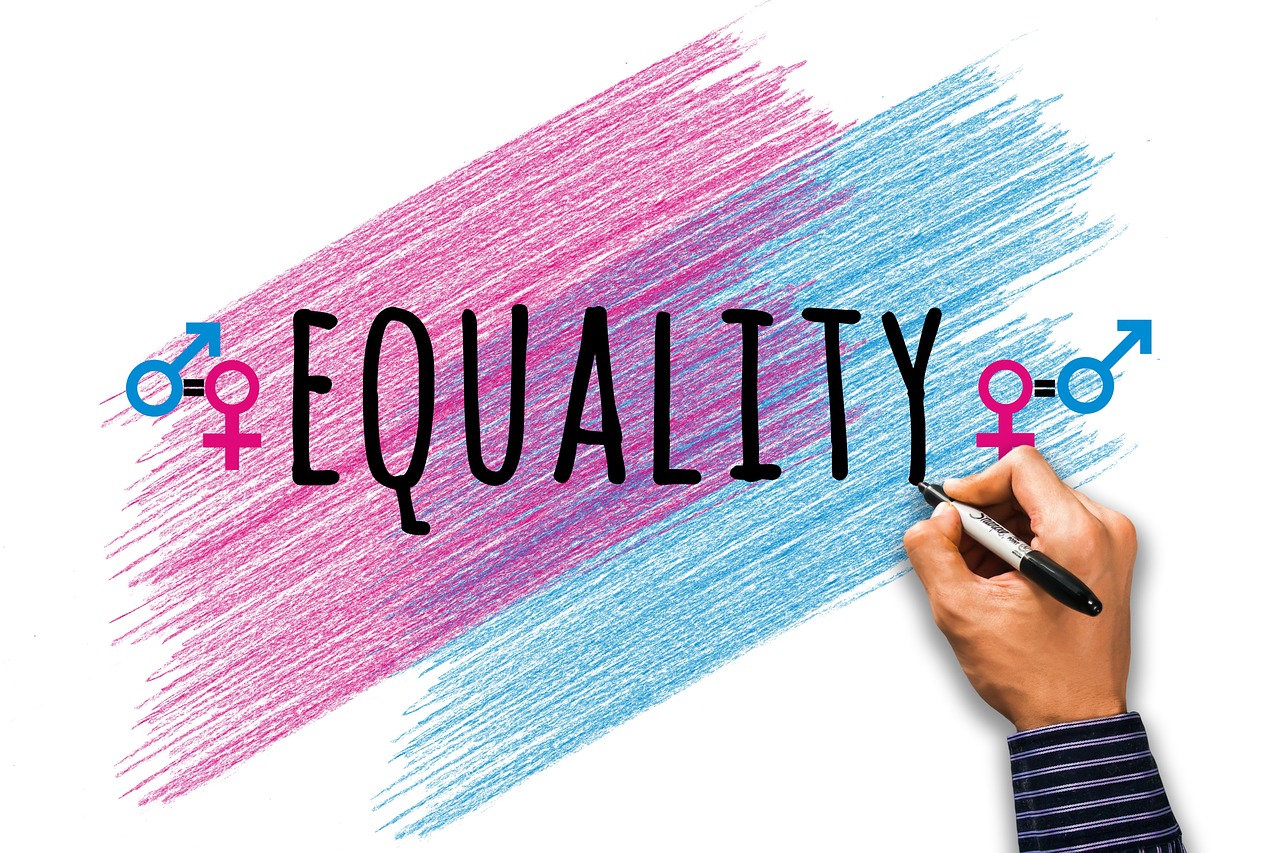University Professor’s landmark claim concerning Anti-Zionism

Rahman Lowe Solicitors act for Professor David Miller in what is set to be a landmark employment case against the University of Bristol (UoB).
Background
Professor Miller is an academic sociologist, specialising in state and corporate propaganda, public relations and lobbying. He was employed by the UoB as a Professor of Political Sociology, and he continued working for the UoB until he was unfairly dismissed on 1 October 2021.
Professor Miller is an eminent scholar. Throughout his career, Professor Miller conducted extensive academic research on the activities of a number of lobbying groups, including lobbies associated with states such as Israel and South Africa. He also conducts research identifying links between groups within the State of Israel and groups that support Islamophobia. Professor Miller believes that the Zionist movement comes at the expense of equal rights for Palestinians. He strongly believes that political Zionism is inherently racist, imperialist and ought to be opposed; his research in this regard has been published in a variety of scholarly publications, and he has authored or contributed to a number of articles and books with other academics. He opposes anti-Semitism, Islamophobia and all forms of discrimination.
In February 2019, Professor Miller delivered a lecture in which he mentioned Zionism as being a driving factor in promoting Islamophobia. Following this lecture, which was part of a wider course named “Harms of the Powerful”, he was targeted by groups and individuals who opposed his research. In particular, many pro-Zionist/Israeli groups alleged that his views were anti-Semitic and called for him to be removed from his position at UoB.
Following an independent investigation which was conducted by a KC (appointed by UoB), the investigator found that none of Professor Miller’s comments were anti-Semitic, but rather a manifestation of free speech which engaged the principles of academic freedom and fell within the protection of Article 10 (freedom of expression) of the European Convention of Human Rights (“ECHR”). This was in addition to an earlier investigation conducted by the UoB itself which also found that Professor Miller’s comments were not anti-Semitic. Despite being requested to do so by Professor Miller, the UoB did not publish the findings or make any public statement that he had been vindicated.
During a lecture at a free speech event on 13 February 2021 (“the Event”), Professor Miller discussed University College London’s (UCL) decision to reject the IHRA’s definition of anti-Semitism following a report which deemed the restrictions surrounding the right to criticise the state of Israel as having “potentially deleterious effects on free speech, such as instigating a culture of fear or self-silencing on teaching or research or classroom discussion of contentious topics”. Professor Miller spoke about his own experiences of being attacked for his views by the Bristol Jewish Society and the Union of Jewish Students, and emphasised the problems such recourses would have on freedom of speech and academic debate.
Shortly after the Event, he received a number of emails from journalists for comment on the issues he had discussed whilst at the Event, which he responded to.
Professor Miller became the subject of a vicious smear campaign, alleging he had endangered students and made anti-Semitic comments. The UoB once again commenced disciplinary proceedings against Professor Miller. An independent KC led the investigation, looking into the issue of whether or not his comments at the Event exceeded the boundaries of free speech and whether his comments were anti-Semitic. A separate internal investigation was also conducted to determine whether or not he had breached the UoB’s codes of conduct and policies.
The KC’s investigation determined for a second time that his comments were not anti-Semitic, nor did they constitute harassment and/or discrimination under the Equality Act 2010 (“EQA 2010″). On the contrary, the independent KC concluded that his comments would be protected under Article 10 ECHR and by the principles of academic freedom. Despite this, the additional internal investigation that was also being conducted at the same time relating to alleged breaches of the UoB’s codes of conduct and policies, found that Professor Miller’s public comments regarding his experiences of certain students (whom he never named) and student societies, and subsequent comments made by him in response to a wave of public criticism regarding his comments, constituted gross misconduct and regrettably, he was dismissed without any notice. The termination was brutal.
Claim
Professor Miller claims that he was unfairly dismissed (following allegations of anti-Semitism) and subjected to direct discrimination because of his philosophical belief in anti-Zionism and/or harassment related to his belief.
His case is due to be heard at the Bristol Employment Tribunal for 10 days, between 16-27 October 2023.
Under the EQA 2010, the criteria for determining what is a “philosophical belief” are that it must:
- be genuinely held;
- be a belief and not an opinion or viewpoint based on the present state of information available;
- be a belief as to a weighty and substantial aspect of human life and behaviour;
- attain a certain level of cogency, seriousness, cohesion and importance; and
- be worthy of respect in a democratic society, compatible with human dignity and not conflict with the fundamental rights of others.
Whilst his views on anti-Zionism may be controversial to some, it is Professor Miller’s case that his strongly held philosophical belief is genuinely held, that it is widely shared in society, including by Jewish people, and that his opposition to inequality and oppression is worthy of respect in a democratic society. He contends that his speeches about the right to equal treatment for Palestinians, as well as his own experiences of being targeted because of his beliefs, cannot be regarded as constituting gross misconduct, and neither are they inherently anti-Semitic, nor discriminatory in any way. He believes that legitimate criticism of the Israeli state, Zionism, and human rights abuses against the people of Palestine are not anti-Semitic. Professor Miller will be relying on the UoB’s treatment of another colleague (also a Professor (a comparator)), who he believes was treated more favourably in the same circumstances. Whilst his colleague was subjected to a disciplinary investigation at around the same time for alleged Islamophobia following complaints raised by the UoB’s student Islamic Society, he was not dismissed and it seems from the evidence that the UoB adopted an unacceptable hierarchy of discrimination in that complaints of Islamophobia were not treated as seriously as complaints of anti-Semitism.
Professor Miller’s test case is of considerable public interest because the Employment Tribunal will need to determine for the first time whether or not anti-Zionism is a protected philosophical belief under the EQA 2010. The implications surrounding freedom of speech, stifling academic debate, and associated human rights issues are also matters of public interest.
Rahman Lowe partners, Jahad Rahman and Zillur Rahman are representing Professor Miller. Jahad Rahman, who has successfully acted in a series of complex high-value discrimination claims over the last 20 years said:
“The case raises serious issues about the suppression of the fundamental right, and freedom to manifest religion or belief and freedom of expression under Articles 9 and 10 of the ECHR. Stifling diversity of opinion within universities, the inhibition of free speech and the wholesale censorship of debate (relating to the discriminatory actions of a state and human rights abuses against the people of Palestine) is serious. Free speech is the cornerstone of our democracy, and it is Professor Miller’s case that his belief, which some may consider to be controversial, is worthy of respect in a democratic society and ought to be tolerated“.
Zillur Rahman, who has a track record of success in similar discrimination claims on the grounds of religion and belief stated: “our client strongly opposes all forms of discrimination, and he does not seek to use the legal process to harass others. We are deeply concerned by the discriminatory treatment that he was subjected to and the University’s unjust approach to complaints of discrimination during the disciplinary process. There appears to have operated a hierarchy of discrimination by treating complaints of antisemitism more seriously than complaints of anti-muslim hate. This is deeply worrying and is akin to the findings of Martin Forde KC, who was commissioned to investigate complaints of racism within the Labour party.
Following Professor Miller’s dismissal, an online petition was set up by a group of eminent scholars to support his case, and which has gained 40,000 signatures. His campaign is supported by hundreds of high-profile intellectuals, including Noam Chomsky, Dr Norman Finkelstein and Judith Butler (among others). They have expressed concerns about the chilling effect the dismissal has on academic freedom and have called for him to be reinstated. Commentators have argued that free speech is under threat in the very places where debates should be taking place. In an open letter to the university, academics from across the globe mention that Professor Miller “is known internationally for exposing the role that powerful actors and well-resourced, co-ordinated networks play in manipulating and stage-managing public debates, including on racism.”
Our client’s case has received considerable press attention and was reported in Politics Today and The BBC, among other media outlets. Professor Miller has released several videos on the matter, which can be viewed using the links below:
Professor Miller is raising funds for his claim using a crowd funding platform. If you would like to take a stand against the threat of academic censorship, and the erosion of pro-Palestinian activism, please donate and share details of the campaign to raise awareness.
For further information, or to discuss a discrimination law matter, please contact us on +44 (0)20 3950 5234 or info@rllaw.co.uk.



